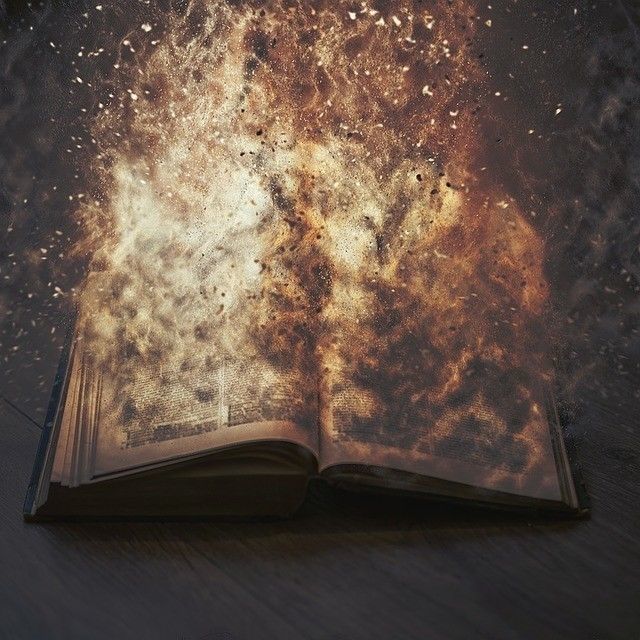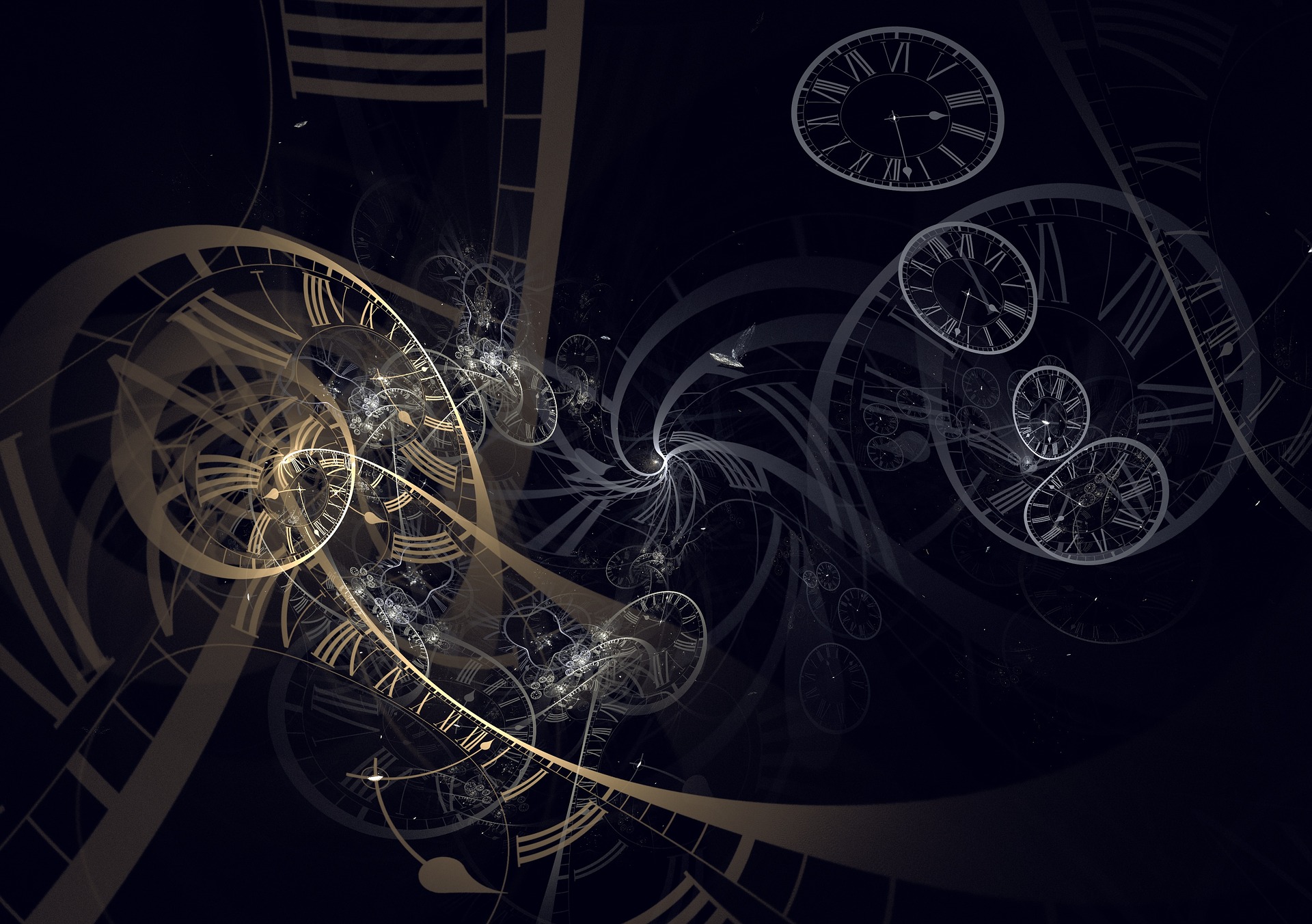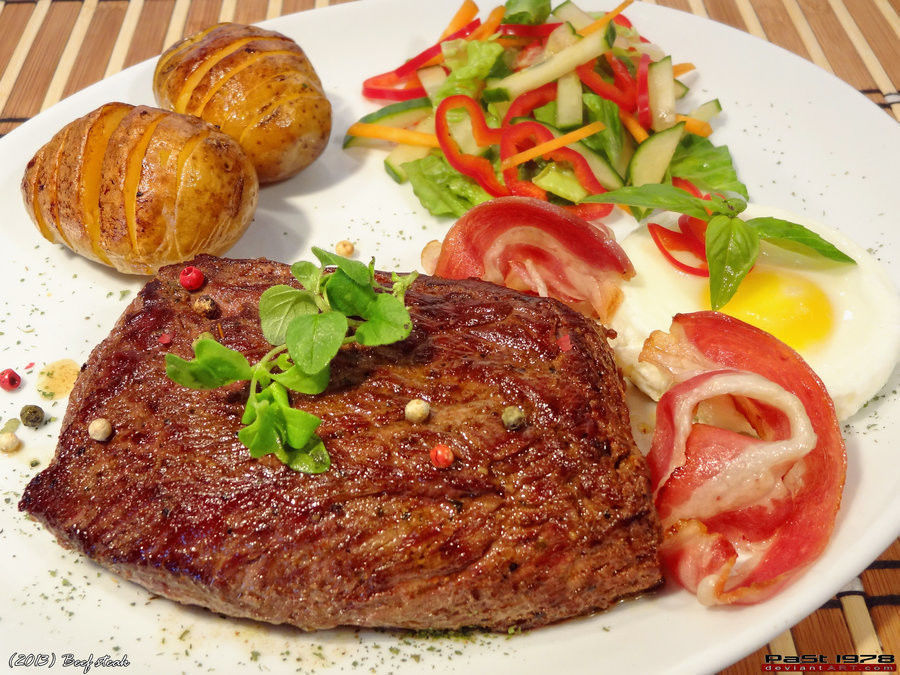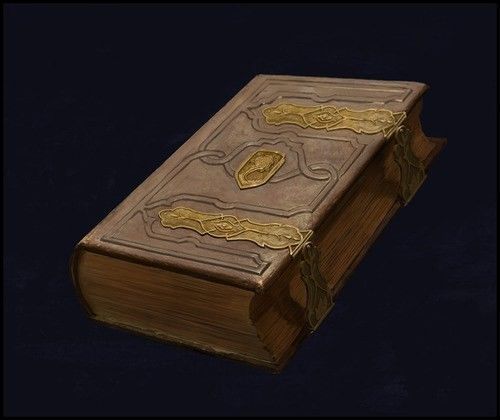Genres in a Nutshell
 Walk in to any bookstore or library and we are confronted by the ‘Genre Beast’. There are many ways to categorize books and genre is but one. Bookstores are notorious for mashing everything together, it’s the dark art known as ‘marketing’ that drives the bus. It’s maddening. So, in an attempt to clear things up, here’s how it breaks down…
Walk in to any bookstore or library and we are confronted by the ‘Genre Beast’. There are many ways to categorize books and genre is but one. Bookstores are notorious for mashing everything together, it’s the dark art known as ‘marketing’ that drives the bus. It’s maddening. So, in an attempt to clear things up, here’s how it breaks down…
There’s this thing called ‘Technique’:
- Prose
- Poetry
- Play
And there’s this other thing called ‘Form’:
- Flash fiction: A work of fewer than 2,000 words. (1,000 by some definitions) (around 5 pages)
- Short story: A work of at least 2,000 words but under 7,500 words. (5---25 pages)
- Novelette: A work of at least 7,500 words but under 17,500 words. (25---60 pages)
- Novella: A work of at least 17,500 words but under 50,000 words. (60---170 pages)
- Novel: A work of 50,000 words or more. (about 170+ pages)
- Epic: A work of 200,000 words or more. (about 680+ pages)
By the same token, these are target demographics and proposed reading level / interest:
- Young Adult
- New Adult
- Children
- Chick-lit
The point is, none of these things are genres. So, what is a genre?
Foregoing all the marketing confusion, it’s pretty straightforward. A genre is a category of literary composition, typically describing content, tone and sometimes length. It’s loosely defined and changes constantly. To muddy things up a bit, a written work can belong to more than one genre or sub-genre. Space vampires preying on the citizens of a frontier Wyoming town, whose only savior comes in the form of a gritty city detective with a penchant for clockwork devices? Well, that might be Sci-Fi, Horror, Western, Steam Punk, Crime Fiction.
Common genres in fiction include:
- Drama --- stories composed in verse or prose, usually for theatrical performance, where conflicts and emotion are expressed through dialogue and action
- Fable --- narration demonstrating a useful truth, especially in which animals speak as humans; legendary, supernatural tale
- Fairy tale --- story about fairies or other magical creatures, usually for children
- Fantasy --- fiction with strange or other worldly settings or characters; fiction which invites suspension of reality
- Fiction narrative --- literary works whose content is produced by the imagination and is not necessarily based on fact
- Fiction in verse --- full-length novels with plot, subplot(s), theme(s), major and minor characters, in which the narrative is presented in (usually blank) verse form
- Folklore --- the songs, stories, myths, and proverbs of a people or "folk" as handed down by word of mouth
- Historical fiction --- story with fictional characters and events in a historical setting
- Horror --- fiction in which events evoke a feeling of dread and sometimes fear in both the characters and the reader
- Humor --- Usually a fiction full of fun, fancy, and excitement, meant to entertain and sometimes cause intended laughter; but can be contained in all genres
- Legend --- story, sometimes of a national or folk hero, that has a basis in fact but also includes imaginative material
- Mystery --- fiction dealing with the solution of a crime or the unraveling of secrets
- Mythology --- legend or traditional narrative, often based in part on historical events, that reveals human behavior and natural phenomena by its symbolism; often pertaining to the actions of the gods
- Poetry --- verse and rhythmic writing with imagery that creates emotional responses
- Realistic fiction --- story that is true to life
- Science fiction --- story based on impact of actual, imagined, or potential science, usually set in the future or on other planets
- Short story --- fiction of such brevity that it supports no subplots
- Tall tale --- humorous story with blatant exaggerations, swaggering heroes who do the impossible with nonchalance
Sources and additional information:
As usual, Wikipedia has a great list of genres and sub genres.
Author, J.E. Fishman has a humorous post on genres.
Author Chuck Wendig has shared some thoughts as well. Be warned that he’s a wee bit of a potty mouth.
- http://terribleminds.com/ramble/2010/12/12/get-genre-out-of-the-ghetto
- http://terribleminds.com/ramble/2013/06/04/25-things-you-should-know-about-young-adult-fiction
If you’re curious about the difference between Young Adult and New Adult, these links are great:
NOTE: This post also appears in Reader’s Carnival.




